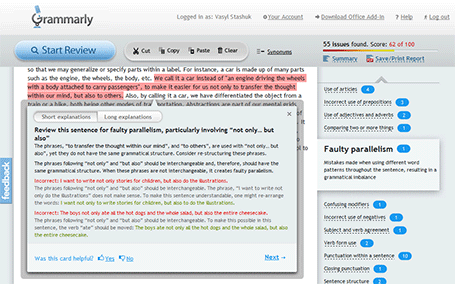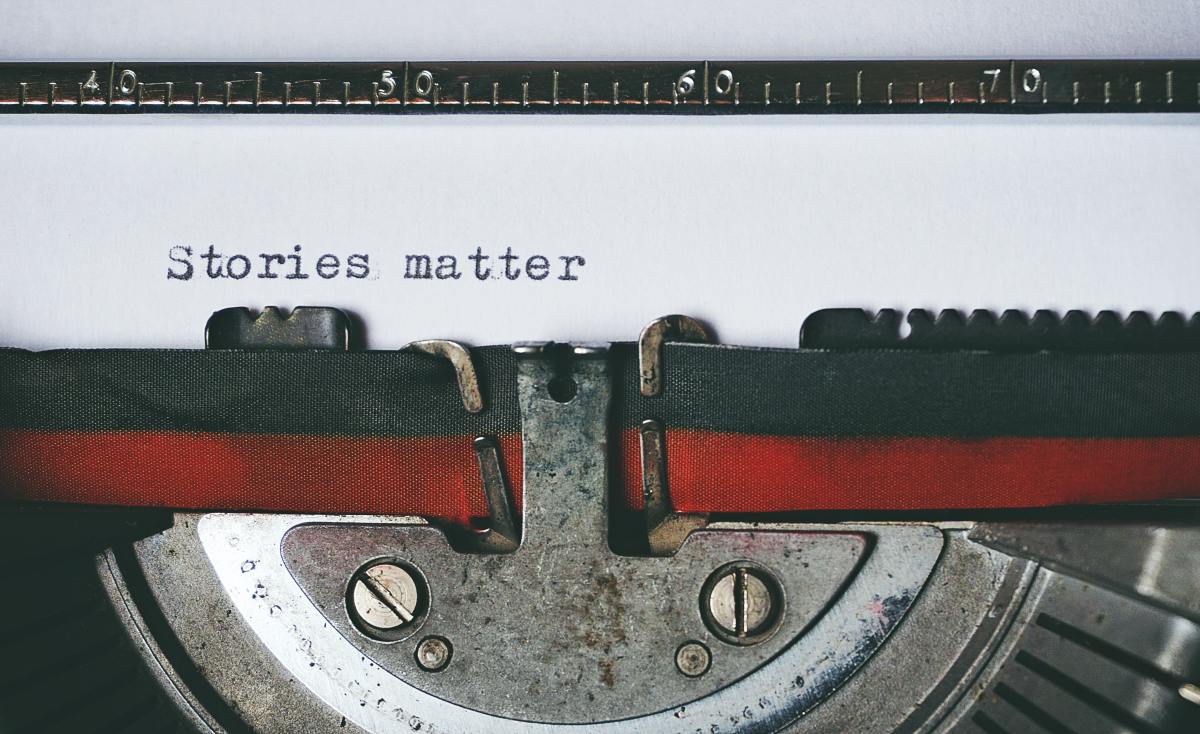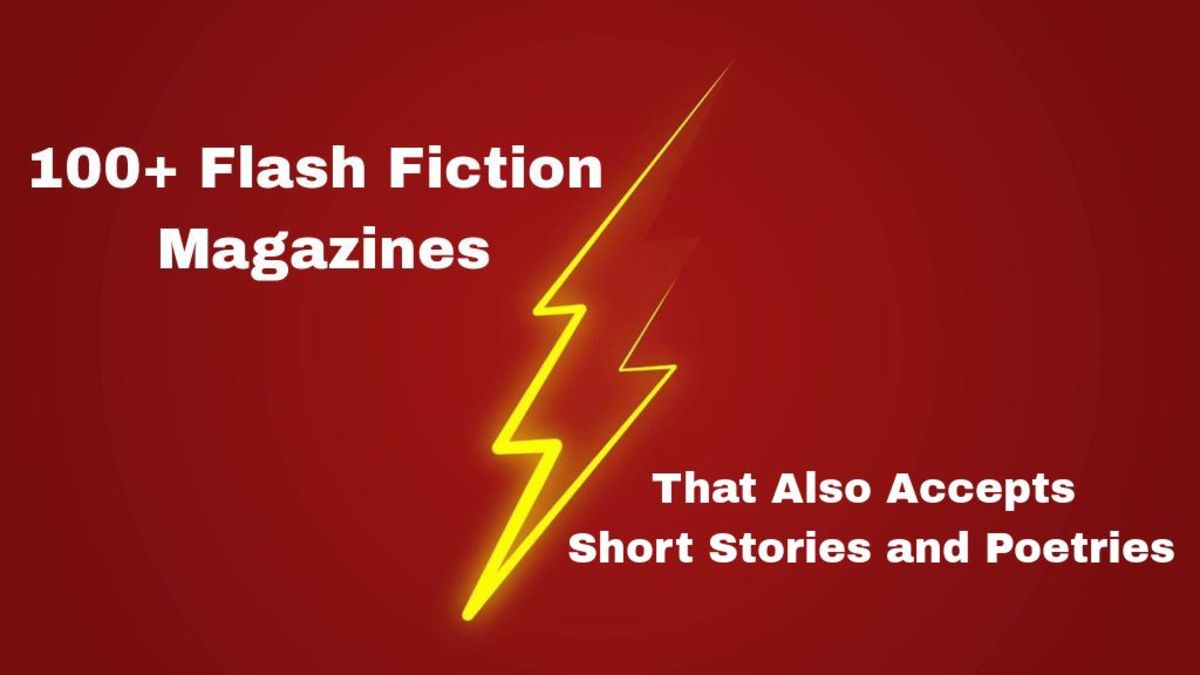Top mistakes made in short stories that have been submitted to Dark Places
Bad Grammar
Of the submissions that come in to the magazine, a lot have poor grammar. When you send in a submission, make sure that there are no errors. The average editor has a bundle of submissions to read, and will not want to spend hours correcting bad grammar. There are times that I have noticed errors in the first line of a piece of writing. It is like starting a game of tennis and hitting a first poor shot, my expectation after that point is that the whole piece will be sub-standard. I recommend Grammar for Grown-ups. I own a copy of it, it has useful examples, it helps fill in the gaps left behind by your teachers. It contains useful information such as: the correct time to use an apostrophe and how to use a comma. If you want something that will help you once you have finished writing and feel you can't rely on Office to pick out every mistake, then I recommend Grammarly (there is a seven day free trial). The software is endorsed by a number of universities and goes into a lot of detail, spotting commonly confused words and adding in commas where it feels they are needed. It also picks up on incorrect use of tenses; It is well worth the money, especially if your grammar is the thing stopping you from getting published.

Grammarly sponsor Dark Places Magazine.
Switching tenses
This is a really common issue, it usually happens when a person is new to English, or does not speak English as a first language. An example: We will be gone to the park. There are three main tenses, past, present and future. Most stories are written in the past tense. The past tense is like you are telling someone something that already happened. We went to the park, we had ice-creams, I pooed myself. There are two other tenses, the present tense: I am drinking my coffee, I slip my hand into my jacket and pull out a knife. Then there is the future tense, which uses: we will; we will be going to the park, we will be late to dinner. It is stuff that has not happened yet.
Wrong genre
It is good to get a clear idea of the genre and what the editor is actually looking for before submitting your story. In the same way you wouldn't submit the same CV to every job, you wouldn't send the same story into every magazine. For example a 'real life' magazine is unlikely to be interested in your horror story. Some magazines only deal with Sci-fi and so on. Don't think 'oh I might be able to sneak it in under the radar.' Nothing goes in under the radar. See what has been published in the past, and see if you have anything of a similar pedigree.
Commonly confused words
Alot- is an american term for an allotment. A lot- an abundance of something
Brought- past tense of bring Bought- past tense of buy
Your- implies ownership your house etc. you're - contraction of your are: you're late
There- he is standing over there Their- it is their house
Always check your commonly confused words, you can find them in Microsoft Word using the keyword search tool. It locates every example and usage of that word, it is also an easy way to change a Character's name. You just click replace and then replace all. The only words it will not find are ones that have been spelled incorrectly in the first place.
Show, not tell
He was very scared. I was very scared as well. - telling
Our hearts were racing in unison. I took deep, panting breaths and clasped his hand so tightly. What happens if they find us? I thought.- showing
You want your audience to see what you are seeing, that is what creates truly powerful writing. This is what makes Game of Thrones so successful. Martin doesn't just tell you, he helps you to picture the scene. He does not say the room has a large fireplace, instead he describes the character walking over to the fireplace. I read 800 pages in two weeks, I could not put it down.
The ending
When writing a short story, start at the end or as close to the end as you can. You are not writing a novel, this is a short story. The ending is usually the most important part of the short story. For more information on the ending, see the article on The mechanics of short story writing.








